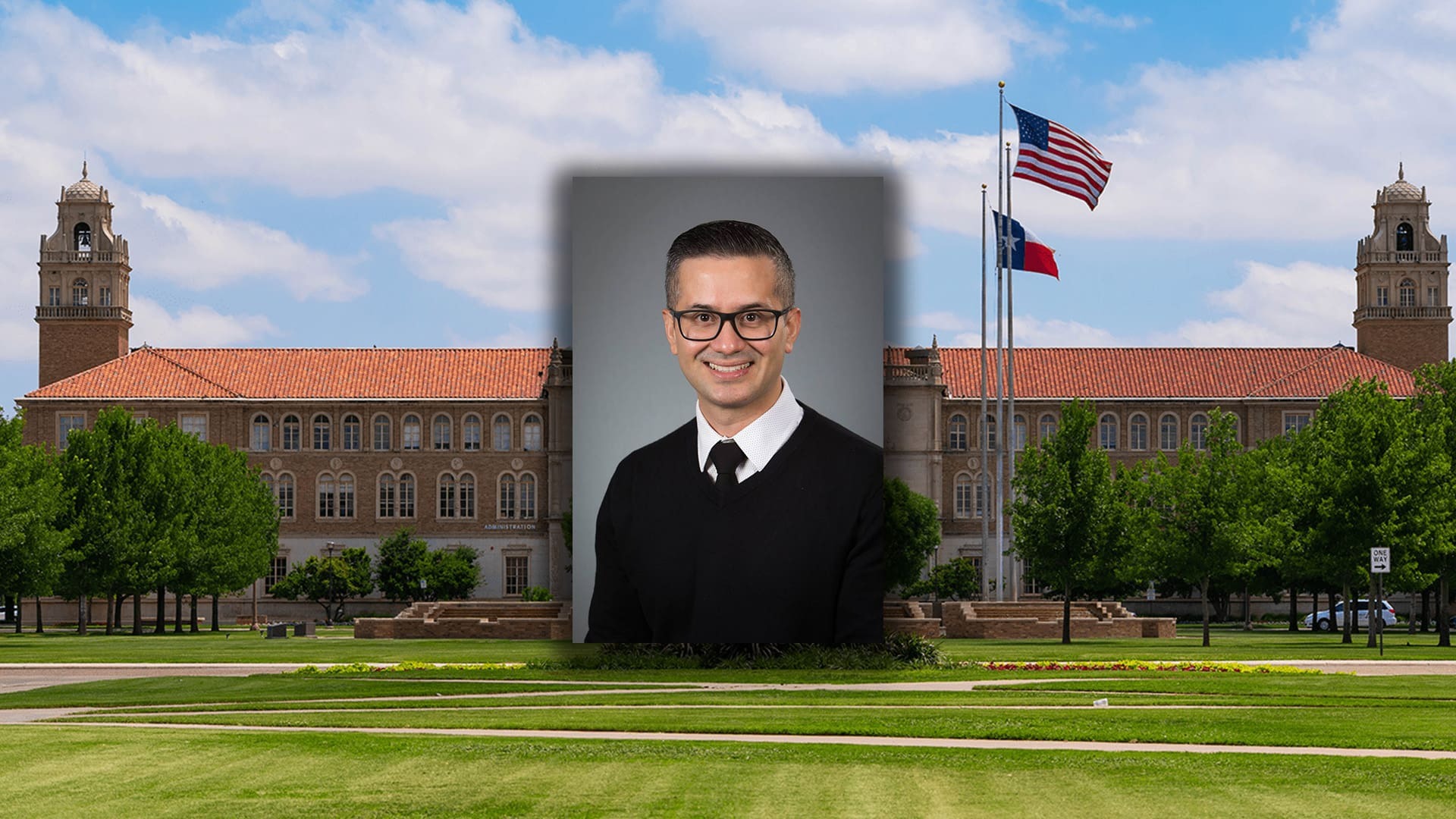Texas Tech University made headlines recently when it suspended Assistant Professor Jairo Fúnez-Flores for his social media activity. The university’s decision was prompted by posts deemed “hateful, antisemitic, and unacceptable.”
In a joint statement, Tech President Lawrence Schovanec and Chancellor Tedd Mitchell emphasized the institution’s commitment to the First Amendment while asserting a zero-tolerance policy for behavior that constitutes harassment or impedes individuals’ educational participation.
The suspension, effective immediately, involves Fúnez-Flores being placed on leave with pay as the Office of Equal Opportunity conducts a thorough investigation. Should the investigation substantiate claims of “discriminatory harassment,” Tech has pledged to take swift and decisive action.

The nature of the posts in question has not been explicitly detailed in official statements. However, the university’s response underscores its dedication to maintaining a respectful and inclusive environment for its community members.
This incident highlights the ongoing challenge faced by higher education institutions in balancing the principles of free speech with the imperative to ensure a safe and respectful campus environment. Jairo Fúnez-Flores is an Assistant Professor of Curriculum Studies and Teacher Education at Texas Tech University.
His academic background includes a Ph.D. in Curriculum Studies from Purdue University, an M.S. in Multidisciplinary Studies from The State University of New York, and a B.A. in Sociology from the University of Montana. His areas of expertise and research focus are not specified in the university’s statement regarding his suspension.
The decision to suspend Fúnez-Flores has ignited discussions about the boundaries of free speech in academia. While universities uphold the importance of free expression, they are also responsible for addressing behavior that undermines their core values of inclusivity and respect.
The suspension reminds us that individuals in positions of influence, such as professors, are held to high standards of conduct both on and off campus.
This incident is not isolated, as universities across the country grapple with similar challenges related to social media use and academic freedom. The rise of social media platforms has blurred the lines between private and public discourse, leading to increased scrutiny of individuals’ online activities.
Consequently, universities face the complex task of navigating these issues while upholding their commitment to free speech and academic freedom.
Moving forward, Texas Tech University’s response to this incident will likely shape its approach to similar situations. The outcome of the investigation and any subsequent actions taken by the university will be closely watched by the academic community and the public.
In the meantime, the suspension of Jairo Fúnez-Flores serves as a cautionary tale about the impact of social media activity on professional reputation and academic standing.


